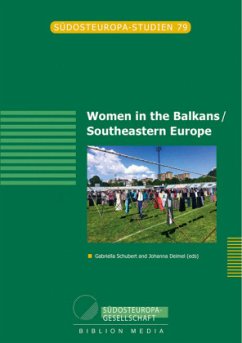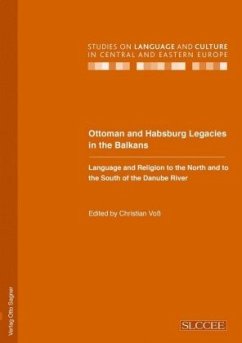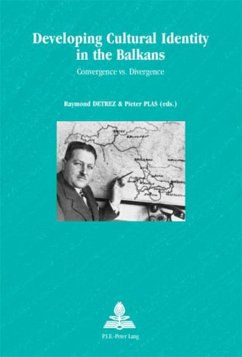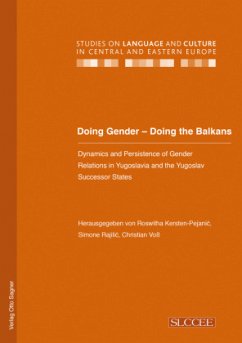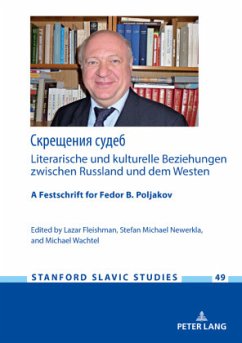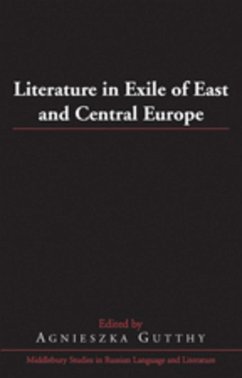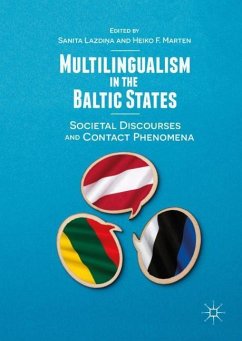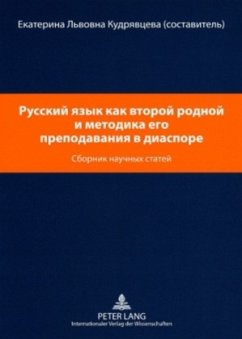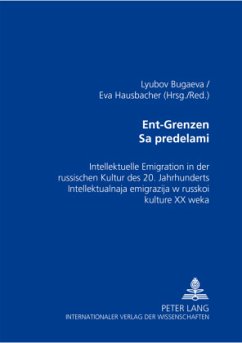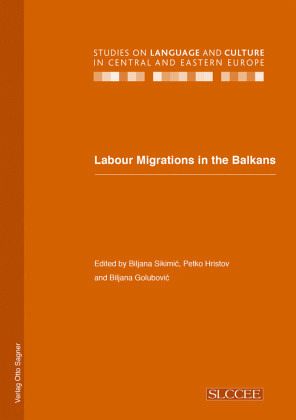
Labour Migrations in the Balkans
Versandkostenfrei!
Versandfertig in 6-10 Tagen
43,75 €
inkl. MwSt.

PAYBACK Punkte
0 °P sammeln!
This volume includes nine contributions by authors from Bulgaria, Germany, Serbia and the United States and provides innovative interdisciplinary research on the Balkans on the interface of linguistics and anthropology. It has a focus on current phenomena of exile, diaspora, minorities, ethnic groups, and changes in the identity of local communities and individuals as globalization unfolds on the Balkans. This approach adds narrative inquiry, linguistic biographies and sociolinguistics to the new tools for Balkanology. This book deals with numerous aspects of mobility and migration, such as: b...
This volume includes nine contributions by authors from Bulgaria, Germany, Serbia and the United States and provides innovative interdisciplinary research on the Balkans on the interface of linguistics and anthropology. It has a focus on current phenomena of exile, diaspora, minorities, ethnic groups, and changes in the identity of local communities and individuals as globalization unfolds on the Balkans. This approach adds narrative inquiry, linguistic biographies and sociolinguistics to the new tools for Balkanology. This book deals with numerous aspects of mobility and migration, such as: bi-/multiculturalism, bi-/multilingualism, the relation of mobility to space and time, space as an interacting phenomenon, the problematization of the border, mobility in everyday life of the community and individuals, the relationship of the individual towards the community, migration discourse, the relationship between narration and migration, transnational identities, rituals of separation, rural-urban mobility, the phenomenon of para-urbanity, second and third generation migrants, changes in social networks and the gender aspect of migrations.



